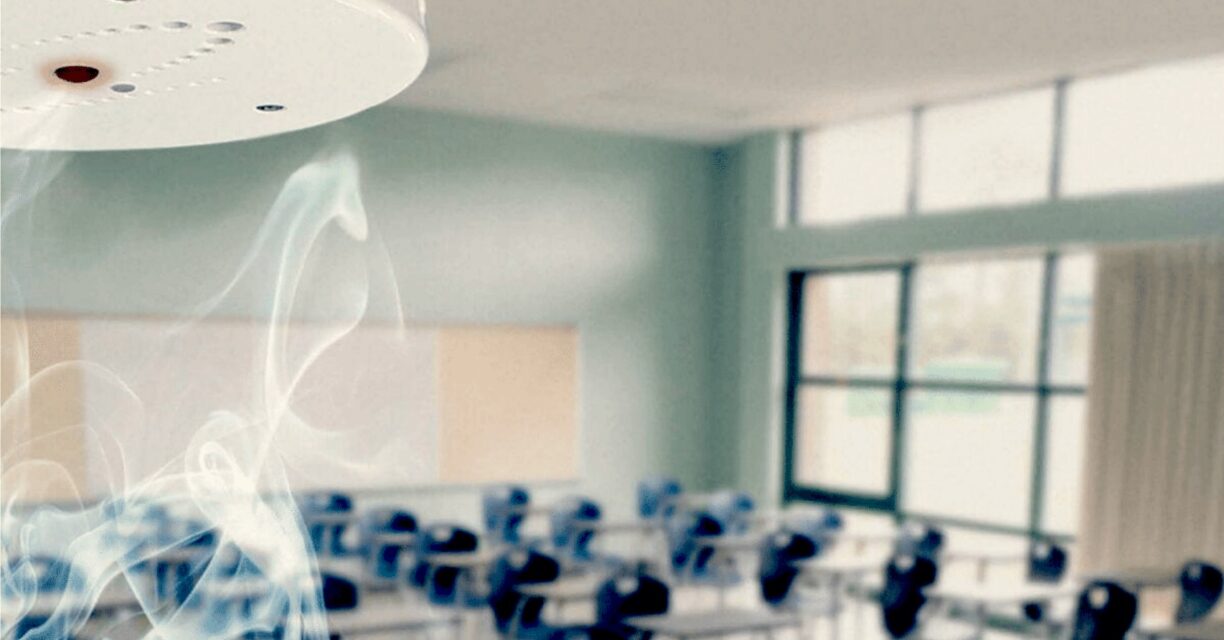By David Saunders | UPDATED: 11:28, 20 April 2020
With stress, anxiety and the general feeling of being on-edge at an ultimate high due to Covid-19 lockdown, an easy copying mechanism for many is alcohol.
And with alcohol sales up by 22% in supermarkets during March 2020 and various drinking challenges being posted on social media, leading dental hygienist Anna Middleton shares how alcohol consumption, during the Covid-19 lockdown, could be effecting your oral health.
It can seem like a simple and effective solution to make you feel better in the short-term, but increased alcohol consumption can have long-term consequences on your physical & mental health.
As the World Health Organisation (WHO) have warned alcohol is an “unhelpful coping strategy” for the possible stress and isolation of coronavirus lockdown.
Award winning dental hygienist and founder of London Hygienist, Anna Middleton, warns of the devastating effect increased alcohol consumption can have on your teeth: “ Alcohol can seem like an easy solution, but the impact of increased consumption can cause long-term damage, which a lot of us won’t be considering at the moment.
It’s acidity, staining effects & other influencers can alter the appearance and durability of teeth over time. As a result of lockdown all dental practices around the UK are closed & only open for emergencies, so it is crucial to not to put yourself at risk & protect your teeth as much as possible during this period.”
So, how does alcohol impact your teeth? Dental Hygienist, Anna Middleton, explains the long-term damage alcohol can have on oral health:
Alcohol Acidity
Alcohol contains acid, and some alcohol contains more than others. It is found in beers, spirits and wine, with wine being the most acidic. The most common acids found in wine are citric acid, tartaric acid and malic acid.
The impact of acid on teeth can be devastating & when left on the teeth for extended periods of time can cause erosion. This eats away at the enamel (the hard-outer layer of teeth) resulting in permanent and irreversible damage.
Acids respond to bacteria in the mouth by creating lactic acid, which further destructs the tooth enamel. When this coating dissolves, your teeth become more susceptible to decay and you may notice a change in colour and experience sensitivity.
Acidic elements cling to the teeth, so if you don’t practice good oral hygiene every day, your teeth are vulnerable to damage.
Sugar Content
One of the most common causes of tooth decay is the continuous intake of sugars. The bacteria in our mouth thrives on sugar.
When you sip on your favourite alcoholic drink as it enters your mouth a chemical process occurs as these two interact to form acids that attack the teeth and the enamel.
All forms of alcohol contain sugar & quite simply the sweeter it tastes, the more sugar it contains.
Prosecco is one of the worst. A sip of the famous bubbles means a double whammy of sugar and acid on your teeth causing instant damage. It can lead to the demineralization of the enamel, which is the loss of calcium and other minerals from the tooth.
Healthy enamel should be white & shiny, but too much fizz will dissolve the teeth leaving them dull, chalky and at risk of crumbling away.
Limiting your alcohol during lockdown can have a huge positive impact on your oral health.
Staining
Alcoholic drinks that boast deep, dark shades are generally the culprits staining teeth. These include beers, red wine, coffee liqueurs and other concentrated beverages, which cause discolouration and staining that can have long-lasting effects.
Abstaining from drinking this kind of alcohol, as well as establishing an oral hygiene routine, can improve the colour of your teeth and ensure that they remain unstained and in good condition.
Dehydration
Alcohol is a diuretic, which means it encourages increased urination. When you pass more fluids, your body becomes dehydrated, and this results in a decreased production of saliva, a condition called dry mouth.
“The lack of saliva in the mouth limits its ability to wash away any bacteria that are clinging to the teeth which can increase your risk of dental decay and gum disease.”
“Being sensible & limiting with your alcohol consumption during this lockdown period can have a huge affect on your oral health.
London Hygienist, Anna Middletons, top tips on how to minimise enamel and tooth decay:
-
Use a straw (avoid plastic ones) for drinks and rinse your mouth with water after drinking.
-
Keep acids and sugars to mealtimes only and aim for no more than three to four sugary/acidic attacks per day.
-
Sugar-free gum and mints increase salivary flow, which can neutralise plaque acids, help remove food debris, strengthen teeth and reduce dry mouth.
-
Opt for products with Xylitol as an ingredient, which can help fight tooth decay. I like PepperSmith.
-
Use a toothpaste designed to fight acid erosion twice a day. I recommend Regenerate toothpaste.
-
Try to consume no more than 14 units a week – equivalent to six pints of beer or seven glasses of wine.
-
Try and drink moderately over three or more days and aim for some alcohol-free days.





